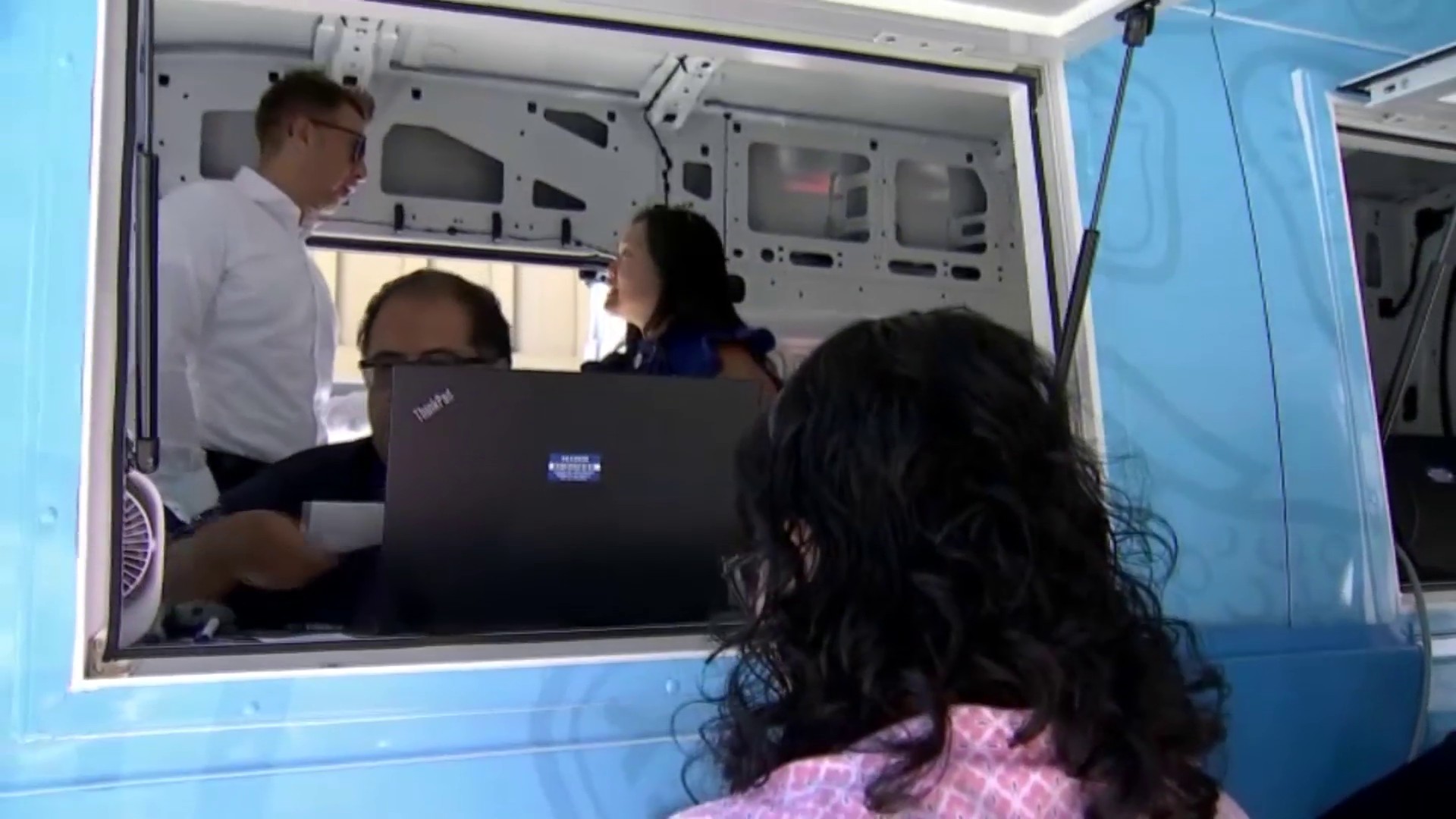
A new Illinois law will allow residents to use mobile driver's licenses and state IDs in the state, but how will it work and what are the rules?
Gov. J.B. Pritzker on Friday signed the legislation into law, but it won't start just yet.
Here's a look at what to know about the new rules:
When does the new law take effect?
The legislation, which is part of Secretary of State Alexi Giannoulias' office-wide modernization effort, will not take effect until Jan. 1, 2025. Giannoulias said the aim is to have the licenses available by that time, "but only after rigorous testing requirements are implemented and the highest standards of security are ensured."
Will mobile driver's licenses replace physical ones?
According to Giannoulias, the mobile driver's licenses would not replace their physical counterparts, but instead "act as a companion."
“We’re excited to reach a point where we can implement mobile IDs in a manner that ensures our roads are safe and that the privacy of Illinoisans is protected, while still providing law enforcement, businesses and medical professionals, which rely on physical driver’s licenses and identification cards, the information they require," Giannoulias said in a statement.
How will mobile driver's licenses work?
With mobile IDs and driver's licenses, residents will be allowed to decide what personal information they wish to share through a contactless encrypted data exchange between their device and the reader, officials said. Such IDs will be able to be used in instances such as purchasing alcohol, cannabis or renting a car while hiding other personal information – like their address.
Feeling out of the loop? We'll catch you up on the Chicago news you need to know. Sign up for the weekly Chicago Catch-Up newsletter.
“Mobile driver’s license and ID cards provide our residents with the option to protect their personal information,” One of the bill's co-sponsor's, Sen. Michael Hastings, said in a statement. “There is no reason age verification should require residents to disclose sensitive information such as their address when we have the technology available for mobile cards that allow for selective information disclosure.”
Additionally, an individual displaying their mobile driver’s license or ID would not constitute consent to have the device searched, according to a release from Illinois Sen. Michael E. Hastings who helped champion the law. Twelve states that already offer mobile forms of identification, while at least 18 other states are currently working toward the implementation, state officials said.
Some groups, including the ACLU, previously expressed concerns about the use of mobile identification documents, citing fears that law enforcement could search a person’s phone without proper consent. The measure in Illinois explicitly prohibit law enforcement officers from searching through a phone’s contents after viewing the mobile identification card, according to the legislation.
Hastings said a key feature of the law is "the requirement that mobile driver’s license and IDs use an electronic credential system – such as a barcode system – to certify there is no requirement for individuals to surrender possession of their mobile device to the requesting party."
Could you use a mobile driver's license at the airport?
According to officials with the TSA, the agency does accept mobile identification at airports, but still encourages fliers to carry physical ID cards as well.
As for REAL ID-compliant cards, mobile identification is also able to be used in those situations, but again officials urge residents to bring physical copies of their identification in the event of any issues.
Do other states allow mobile driver's licenses?
With the new law, Illinois joins 12 other states that already offer mobile forms of identification, including Iowa and Missouri. Giannoulias noted that at least 18 other states are also currently working toward the implementation.
“Other states already have mobile driver’s licenses and ID cards, and this bill gives our residents the same ability to have a mobile card if they want one, while still providing them with the option of a traditional physical card,” the legislation's co-sponsor Kam Buckner said.




